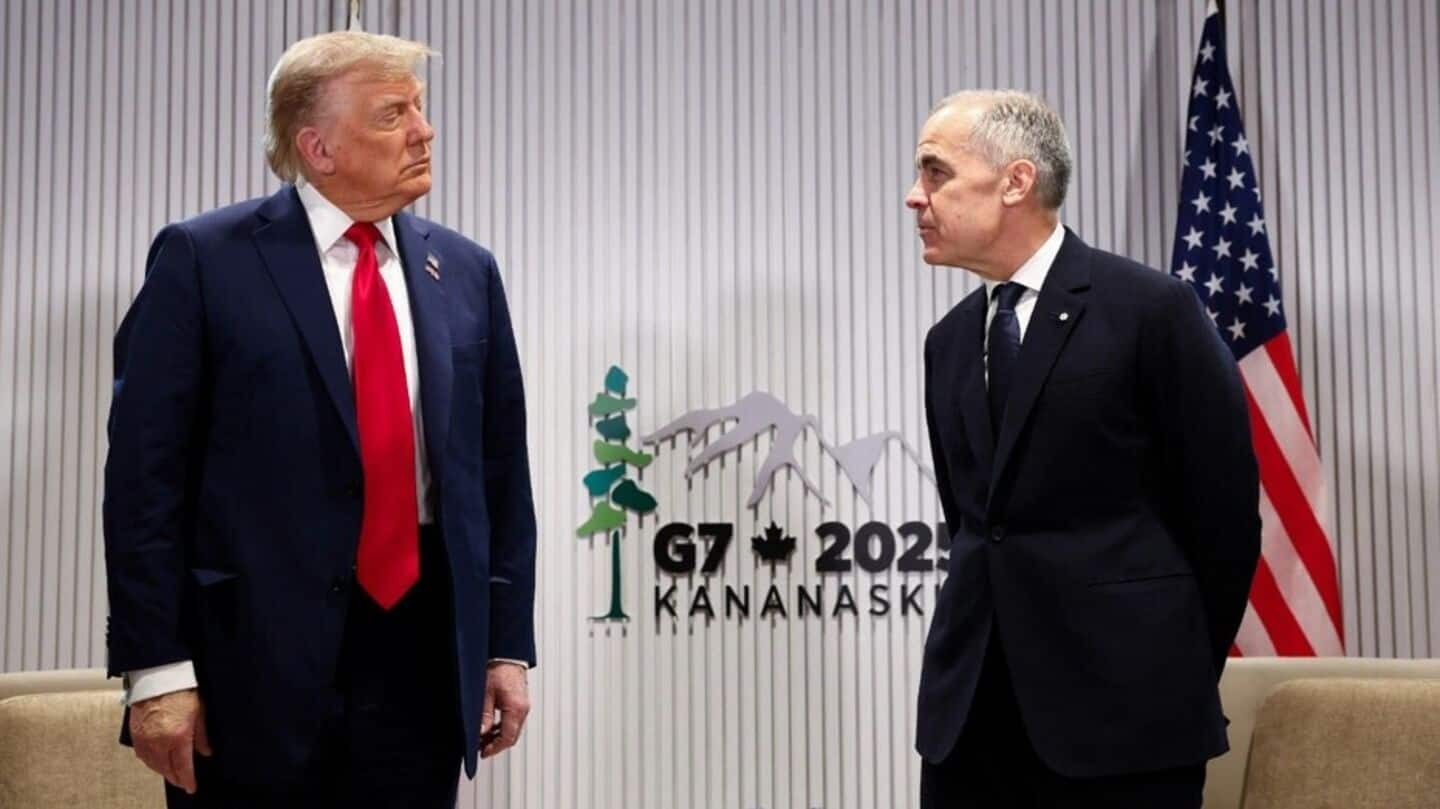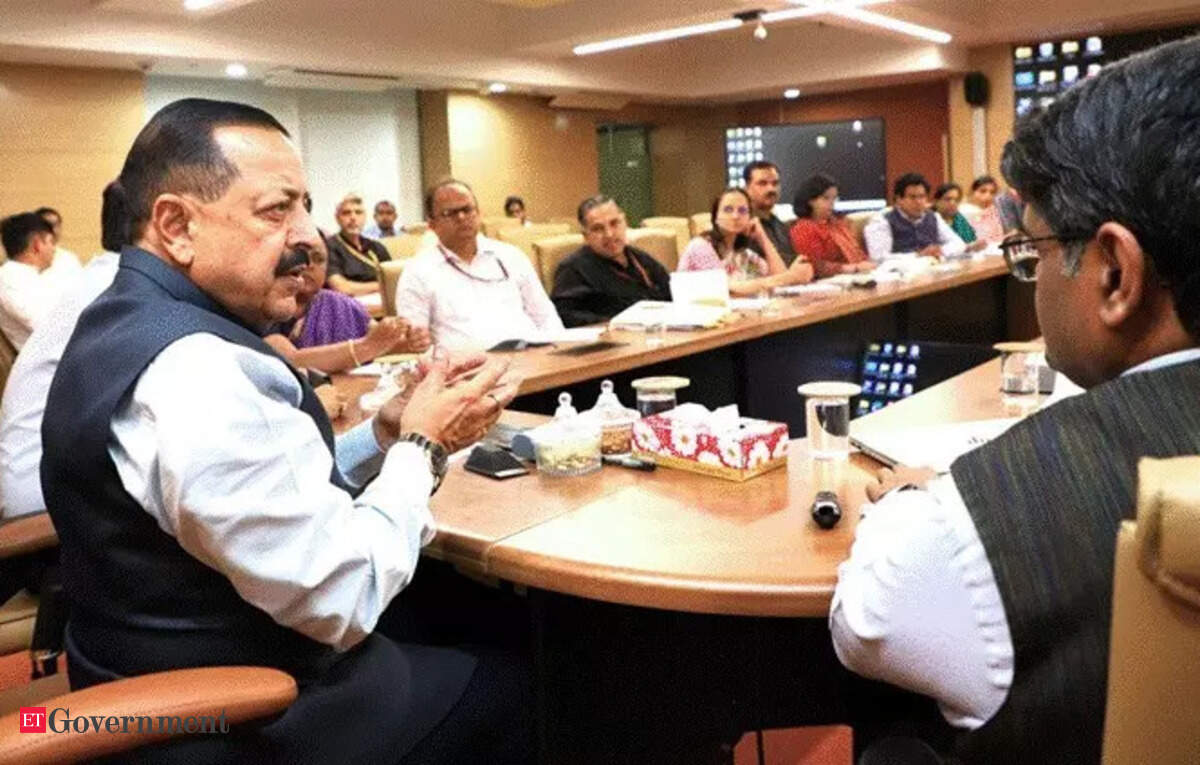Airwallex CEO questions the value foundation of stablecoins: Are the vested interests representing the "old forces" in a panic? - ChainCatcher
Organizer: Fairy, ChainCatcher
Editor: TB, ChainCatcher
"Stablecoins cannot reduce remittance costs between mainstream currencies, and cryptocurrencies have not demonstrated clear practical use cases in the past 15 years."
On June 7, a tweet from Airwallex founder and CEO Jack Zhang sparked intense discussions about the actual value of stablecoins. This "bearish" sentiment drew attention precisely because Jack Zhang is at the core of global fintech.
Airwallex is a leading global enterprise cross-border payment platform, operating in over 50 countries, with core products including international receiving accounts, multi-currency corporate cards, and global transfers. In May this year, Airwallex completed its Series F funding round, raising its valuation to $6.2 billion, with total funding reaching $1.2 billion, backed by well-known investors including Tencent, Sequoia China, DST, and Hillhouse.
As stablecoins enter the mainstream financial spotlight, Jack Zhang's "tone" seems particularly jarring. However, his views are not isolated; they reflect the perspectives of some traditional payment practitioners and even the financial elite regarding the rise of stablecoins.
Investors always ask me about stablecoins and how they can reduce foreign exchange costs; but if you are remitting from dollars to euros and the recipient still requires euros in their bank account, I really don't see how stablecoins can reduce costs ------ the cost of converting from stablecoins to the receiving currency is far higher than traditional interbank foreign exchange markets.
Cryptocurrency is a field I have never been able to understand. Over the past 15 years, I still haven't seen how cryptocurrencies have truly helped. Even with the lower volatility of stablecoins, I don't see any benefits in B2B transactions unless they are used for some very niche currency markets, which inherently have very low liquidity.
Unlike artificial intelligence, whose applications are tangible and used by each of us every day, what about stablecoins? How many people are really using them?
I remember back in 2021, I felt like a fool watching everyone talk about cryptocurrencies, and the market went crazy, even a16z released a white paper on the future of Web3. But to this day, I still don't see that "future."
And this year, I again feel like a "complete fool" because I still don't see any prospects for using stablecoins for cross-border transactions between G10 currencies. The cost of our cross-border transfers is already below 0.01%, and they are real-time. You can't get cheaper than "free," and you can't get faster than "real-time."
The only real use case I can see might be Stripe providing stablecoin wallet infrastructure to consumers in Latin America or Africa through the acquisition of Bridge… but that's actually just regulatory arbitrage.
If someone wants to refute me with trading volume, here is a finely processed chart that only shows stablecoin trading volumes related to real economic activities (such as payments, remittances, and commercial transactions), by region from 2021 to the present.

Chart source: Jack Zhang
In a back-and-forth in the comments section with netizens, Jack Zhang further clarified his stance on stablecoins:
Financial analyst Simon Taylor pointed out that stablecoins are currently just "another option" and have not yet formed a mainstream financial track, . With the upcoming stablecoin regulatory rules in the U.S., stablecoins are expected to usher in a systemic shift. He noted that similar to the "Eurodollar" path, stablecoins could also become an alternative to SWIFT for certain countries. Under the G20's push, multilateral institutions like the OECD are advancing a "functional equivalence" regulatory framework to lay the institutional foundation for their globalization.
Juan Lopez, a partner at VanEck Ventures, stated that true innovation often arises from marginal markets. The potential of stablecoins is immense and should not be dismissed solely based on "speculation." He emphasized that while the services of Airwallex and Wise are excellent, they still cannot meet the many needs of stablecoin users in global transactions, and this market feedback precisely proves that stablecoins are addressing real pain points and represent a necessary path for innovation.

As the U.S. stablecoin legislation achieves key breakthroughs and several states take the first steps toward issuing stablecoins, this asset, once seen as a "chain tool," is evolving into a frontline force in global financial games. Stablecoins are no longer just a part of the tech stack; they carry the struggle for capital power, the reshaping of regulatory frameworks, and profound clashes in geopolitical landscapes.
Therefore, in response to Jack Zhang's statements on stablecoins, many believe this is not merely a technical viewpoint or market judgment, but a true reflection of the discourse position of old financial interest groups.
Crypto KOL BroLeon pointed out that Airwallex's business model is not complex; its core competitiveness comes from the financial licenses held in multiple countries and the funding pool advantage brought by deposited funds. Through multiple rounds of large-scale financing,
BroLeon further stated that the current rise of stablecoins relies not only on blockchain's technological transformation of outdated financial infrastructure but also on deeper driving forces from the internal political ecology of the U.S.
Tastingo.eth/.sol, co-founder of OHDAT Labs, expressed a similar viewpoint. He believes that Jack himself is a representative figure within the vested interest system, and his stance on stablecoins naturally reflects this reality. The development of stablecoins is largely not a simple technological innovation but a redistribution of power between new and old financial forces in the context of global games.

Stablecoins stand between financial innovation and regulatory reality, with Jack Zhang's skepticism contrasting sharply with the probing of emerging forces. Can this new political driving force, quietly gathering momentum, truly shake the foundations of the global payment system?
ChainCatcher reminds readers to view blockchain rationally, enhance risk awareness, and be cautious of various virtual token issuances and speculations. All content on this site is solely market information or related party opinions, and does not constitute any form of investment advice. If you find sensitive information in the content, please click "Report", and we will handle it promptly.












